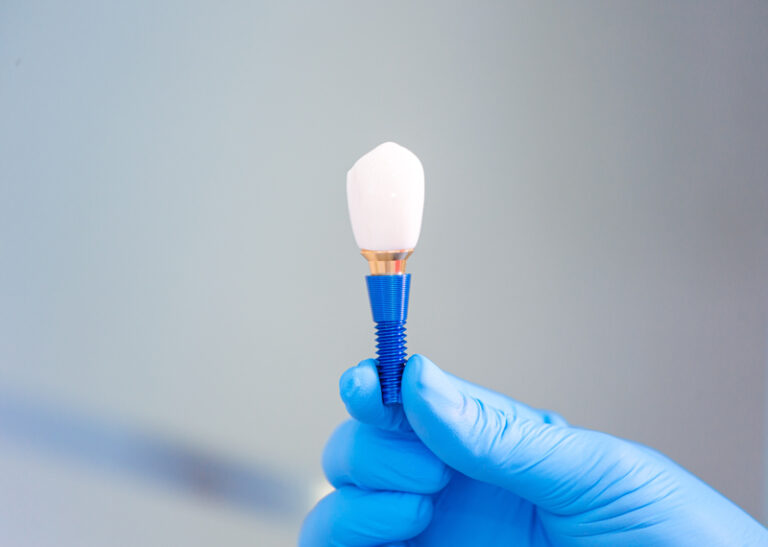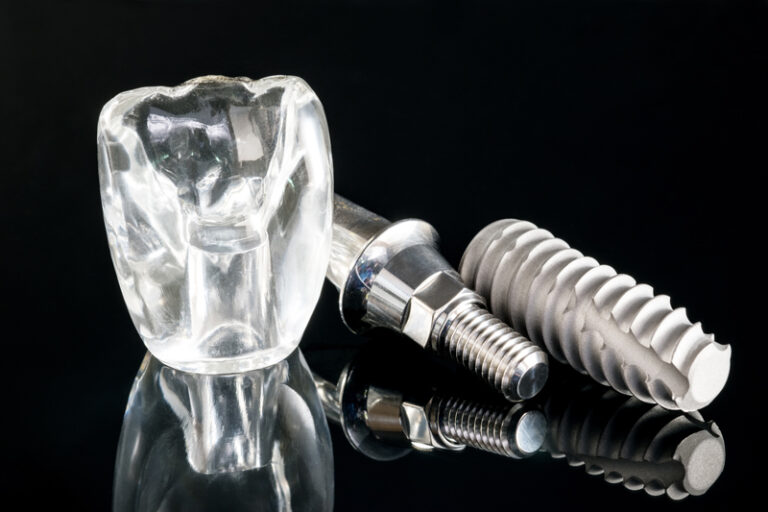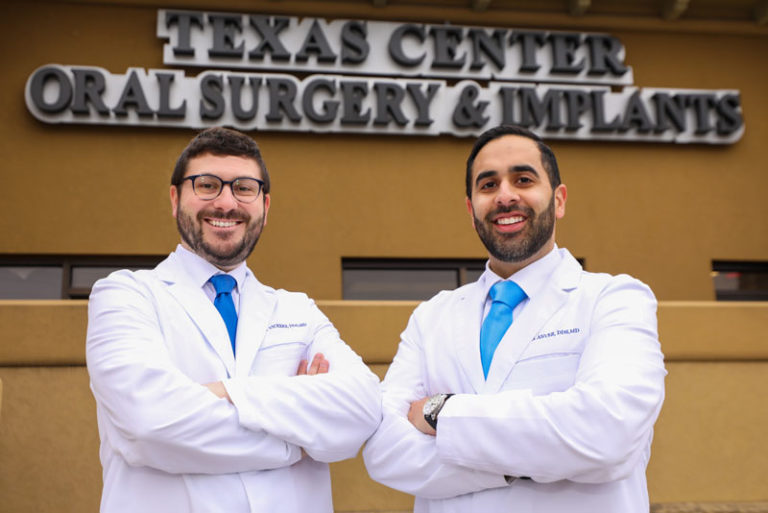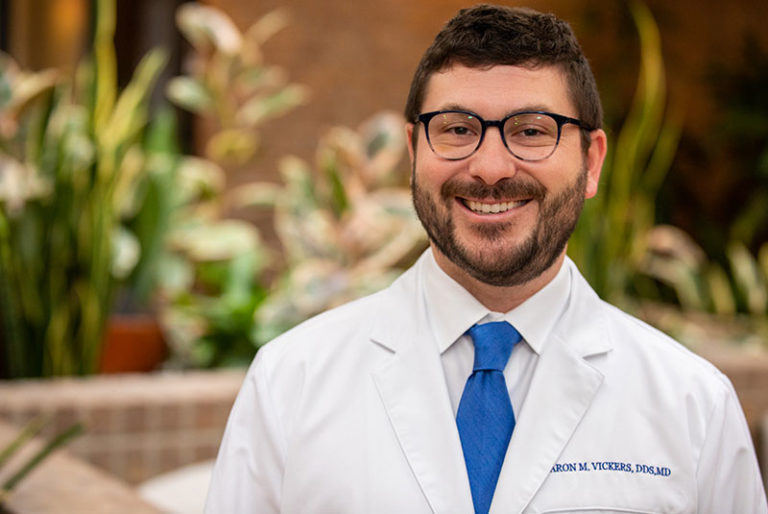
Understanding Abutment Implants: An In-Depth Guide to Dental Implants
Implant dentistry has come a long way from its humble beginnings. Abutment implants lead to a healthier and more satisfying smile. Replacing missing teeth is critical in maintaining oral health and preventing long-term dental issues. An Overview of Abutment Implants in Flower Mound, TX Abutment dental implants serve as




